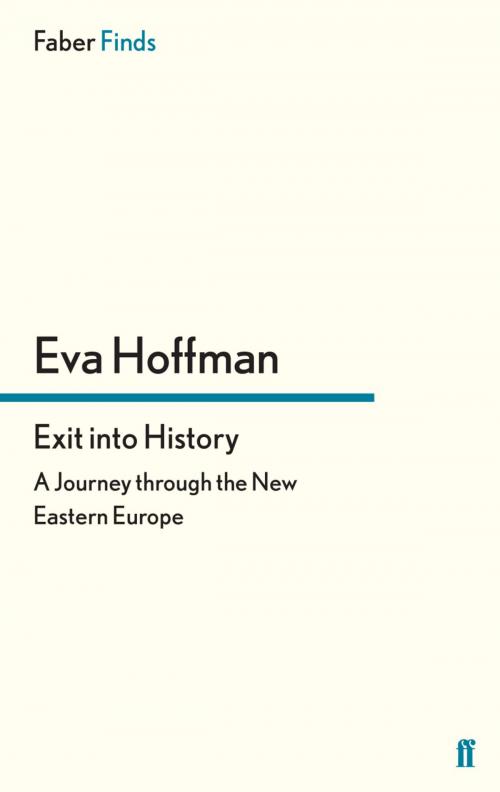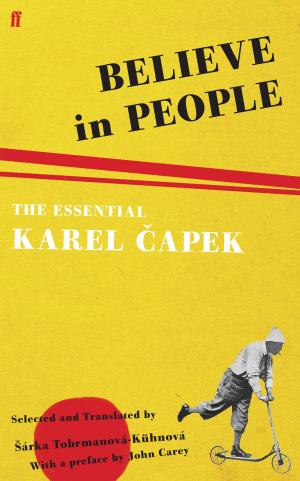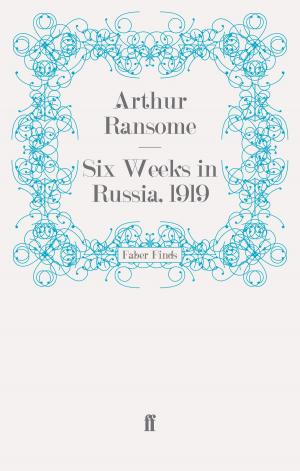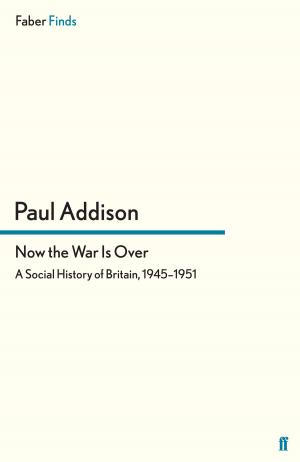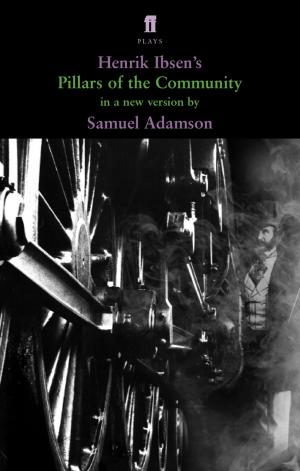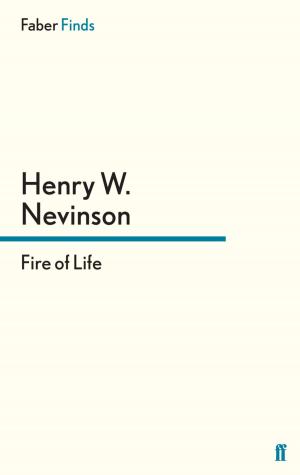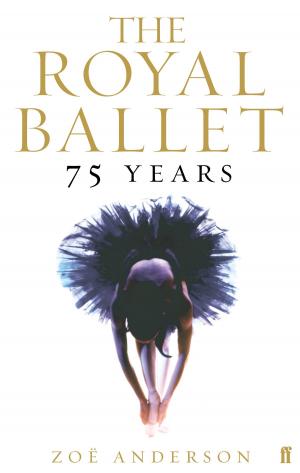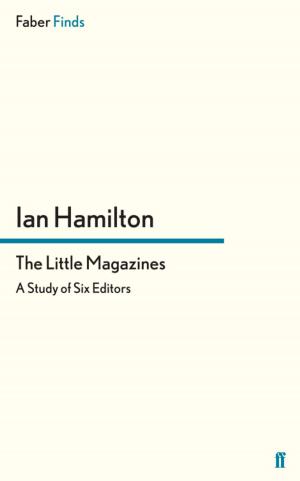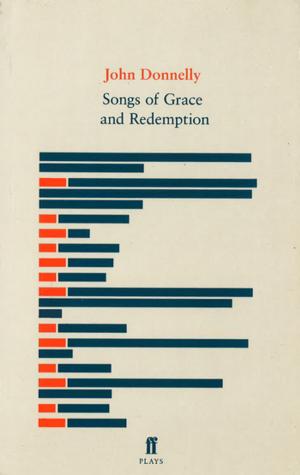| Author: | Eva Hoffman | ISBN: | 9780571322039 |
| Publisher: | Faber & Faber | Publication: | October 16, 2014 |
| Imprint: | Faber & Faber | Language: | English |
| Author: | Eva Hoffman |
| ISBN: | 9780571322039 |
| Publisher: | Faber & Faber |
| Publication: | October 16, 2014 |
| Imprint: | Faber & Faber |
| Language: | English |
'A book that takes you on an intimate journey through Eastern Europe at a time when the dust was still settling from the collapse of the Berlin Wall. Eva Hoffman travels from the Baltic to the Black Sea, building a compelling portrait of a region uncertain about its future.' Independent
Shortly after the epochal events of 1989 Eva Hoffman spent several months in her native Poland and four other countries: the then-Czechoslovakia, Hungary, Romania and Bulgaria. She visited capital cities, wayside villages and provincial towns; stopped at shipyards, museums, and the coffee-houses of the intelligentsia; and talked to a great variety of people about the tumult they had lived through. Exit into History was the result: a portrait of the mosaic of the new Eastern Europe, a reconstruction of the turbulent post-war decades, and a meditation on the uses and misuses of historical memory.
'A book that takes you on an intimate journey through Eastern Europe at a time when the dust was still settling from the collapse of the Berlin Wall. Eva Hoffman travels from the Baltic to the Black Sea, building a compelling portrait of a region uncertain about its future.' Independent
Shortly after the epochal events of 1989 Eva Hoffman spent several months in her native Poland and four other countries: the then-Czechoslovakia, Hungary, Romania and Bulgaria. She visited capital cities, wayside villages and provincial towns; stopped at shipyards, museums, and the coffee-houses of the intelligentsia; and talked to a great variety of people about the tumult they had lived through. Exit into History was the result: a portrait of the mosaic of the new Eastern Europe, a reconstruction of the turbulent post-war decades, and a meditation on the uses and misuses of historical memory.
